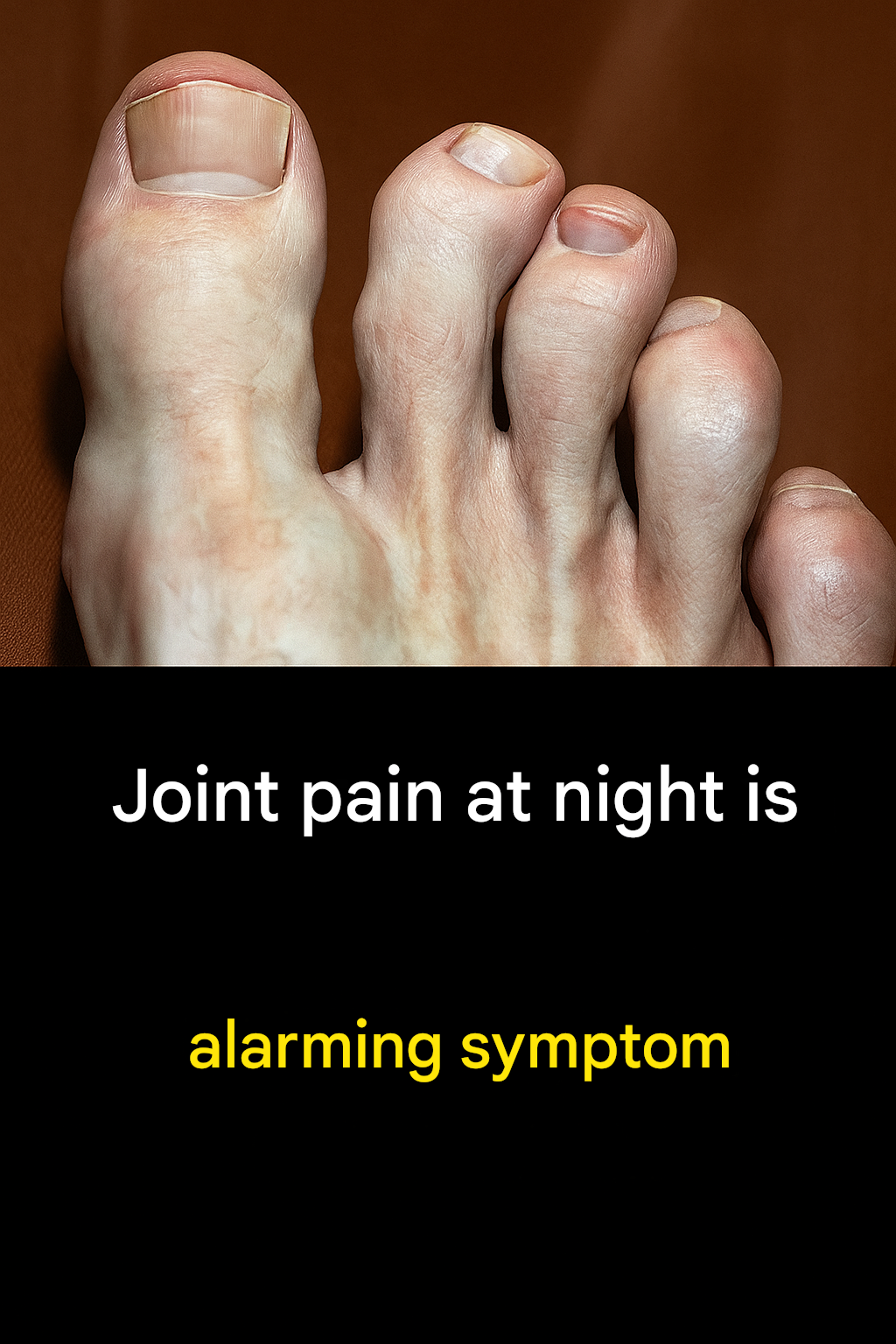Foods to Avoid to Prevent a Gout Attack
Gout is a chronic metabolic disease in which excessive amounts of uric acid accumulate in the body. The excess acid is deposited in the joints and causes inflammation, severe pain, and swelling. If diet and lifestyle changes are not made in time, gout can lead to serious complications – including joint and kidney damage.
Understanding which foods trigger gout and following a proper diet are the main steps to preventing painful attacks.
Symptoms of high uric acid and gout
The main signs include:
Sudden, severe joint pain – most often in the big toe, but can also affect the knees, wrists, or elbows;
Redness and swelling of the affected area;
Increased skin temperature around the joint;
General weakness and slightly elevated body temperature during exacerbation;
Frequent attacks at night or after eating certain foods.
It is important to seek medical attention if these symptoms occur. Even one attack is a signal to change your diet and lifestyle.
Foods to avoid
1. Red meat and organ meats
Beef, pork, lamb, as well as liver and kidneys, contain high amounts of purines, which are converted to uric acid. Regular consumption of these can cause flare-ups.
👉 Tip: Replace red meat with lean poultry or plant-based protein sources, such as legumes.
2. Seafood and certain types of fish
Herring, sardines, anchovies, mussels, shrimp, and oysters are high in purines. Even a small amount can trigger a gout attack in people with high uric acid levels.
👉 Tip: Choose fish low in purines, such as cod, hake, or whitefish.
3. Alcohol
Beer and hard liquor are the most risky. Alcohol slows down the excretion of uric acid and increases inflammation.
👉 Tip: Eliminate alcohol completely during an exacerbation and limit it to a minimum during remission.
